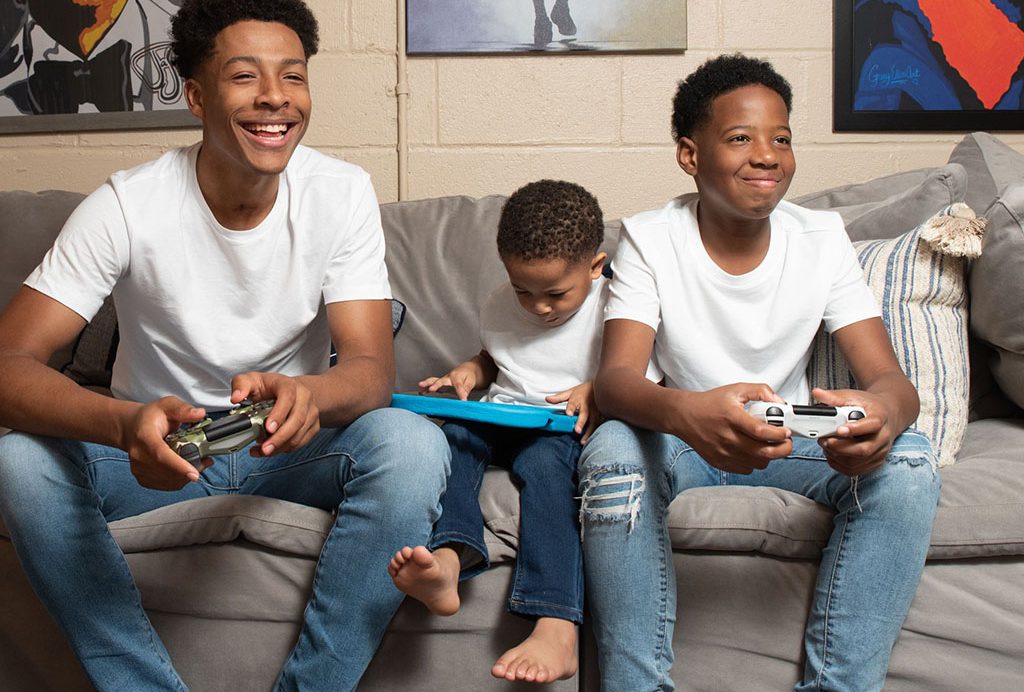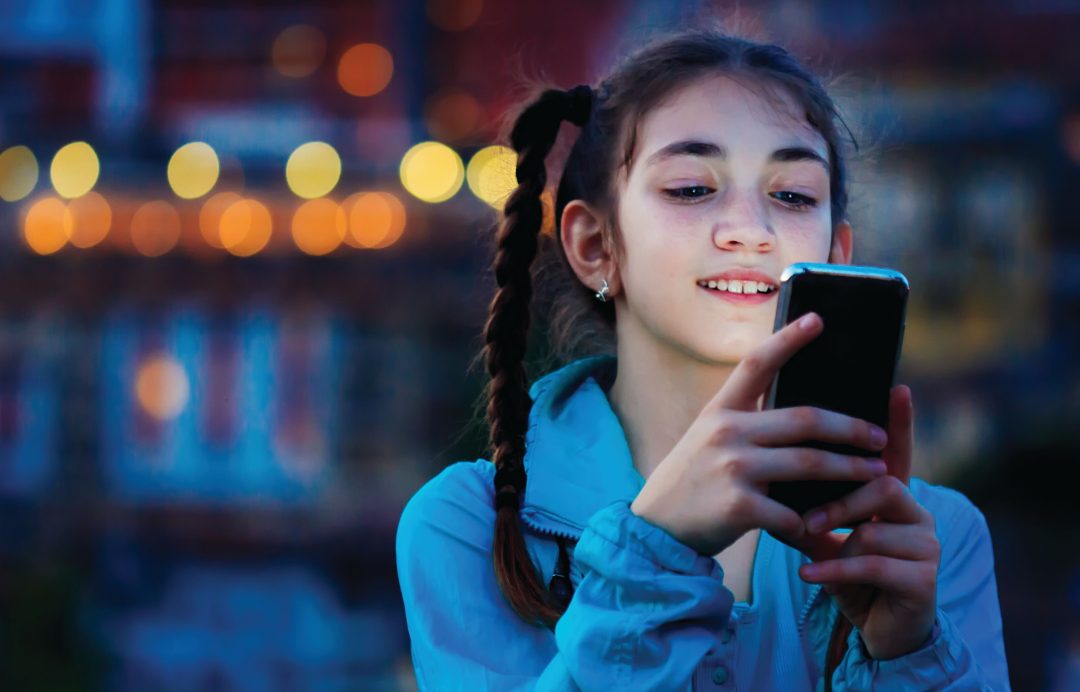If there’s one thing that concerns me, it’s my kids’ usage of video games.
Not just the Fortnite obsession on Xbox or Playstation for my older kids, but also the Nintendo Switch for my 5-year-old. It seems like – noooo let’s be clear, it IS like – they want to play the game every single chance they get. If they aren’t sleeping, at school or doing homework – yep, they want to play the game! It’s scary that it’s the first thing my son asks for in the morning.
When I noticed my son would cry when I took his game away, I knew something had to change. He was 5 and seemed addicted to the game. He constantly wanted to play and that was a clear sign that something had to change. My husband and I put our foot down and really started to minimize the time our kids spent playing video games. I’m honestly at a point where I don’t even know if I want them to play at all. At the same time, I think it’s more realistic that I limit the time spent; and, more importantly, WATCH the games they are playing.
I always assumed that kids’ games were for kids. If my kids are watching content for kids, then it HAS to be appropriate, right? Welp, I was wrong! I started to sit and watch some of these games and I was truly blown away.
One thing in particular that scared me was that studies show apps with loot boxes, lottery tickets, and other popular offerings often promote improper gambling and can lead to long-term issues. Experts in child welfare and behavioral health believe several popular gifts may have the unintended consequences of promoting gambling among children and those at risk of developing a gambling problem.
The National Council on Problem Gambling worked with the Federal Trade Commission to study loot boxes, a common reward tactic in social gaming. The similarities between loot boxes and slot machines prompted some of the major video game companies to disclose the odds of loot boxes. Apple also rated games with simulated gambling to M for Mature.
Additionally, advanced data tracking allows AI-based algorithms to target young people and players with serious gambling problems.
Even popular scratch off lottery tickets can pose a risk. The Ohio Lottery encourages people not to give lottery tickets as gifts to minors. The International Centre for Youth Gambling Problems and High-Risk Behaviors at McGill University found early participation in gambling increases likelihood of developing a gambling problem later in life.
Many games youth play replicate the same excitement experienced by gamblers and this frightens me! It’s scary that a game that features instant upgrades and mystery loot boxes could be the start to serious gambling issues later in life.
This is why I have teamed up with Change the Game, which was developed to raise awareness of the realities of youth gambling and connect parents, educators and children to the resources available for prevention and treatment. Change the Game isn’t just working to prevent future gambling problems among our youth. They’re working to help those who are being affected right now:
- A free community toolkit has customizable resources appropriate for organizations that parents, children, and those working with children can use.
- Free educational materials can help people better understand if they have a potential problem with gambling.
What I love most, is that local experts can be available to talk about the proliferation of these games targeting kids, why to not give lottery tickets to kids as gifts, and where the warning signs are for potential problems. This is a resource that I’m glad I found out about, and I’m happy to share with other parents.
To get more information and educate yourself further, please visit www.changethegameohio.com.
*This article is sponsored in partnership with Change the Game Ohio however the opinions are my own.








No Comments